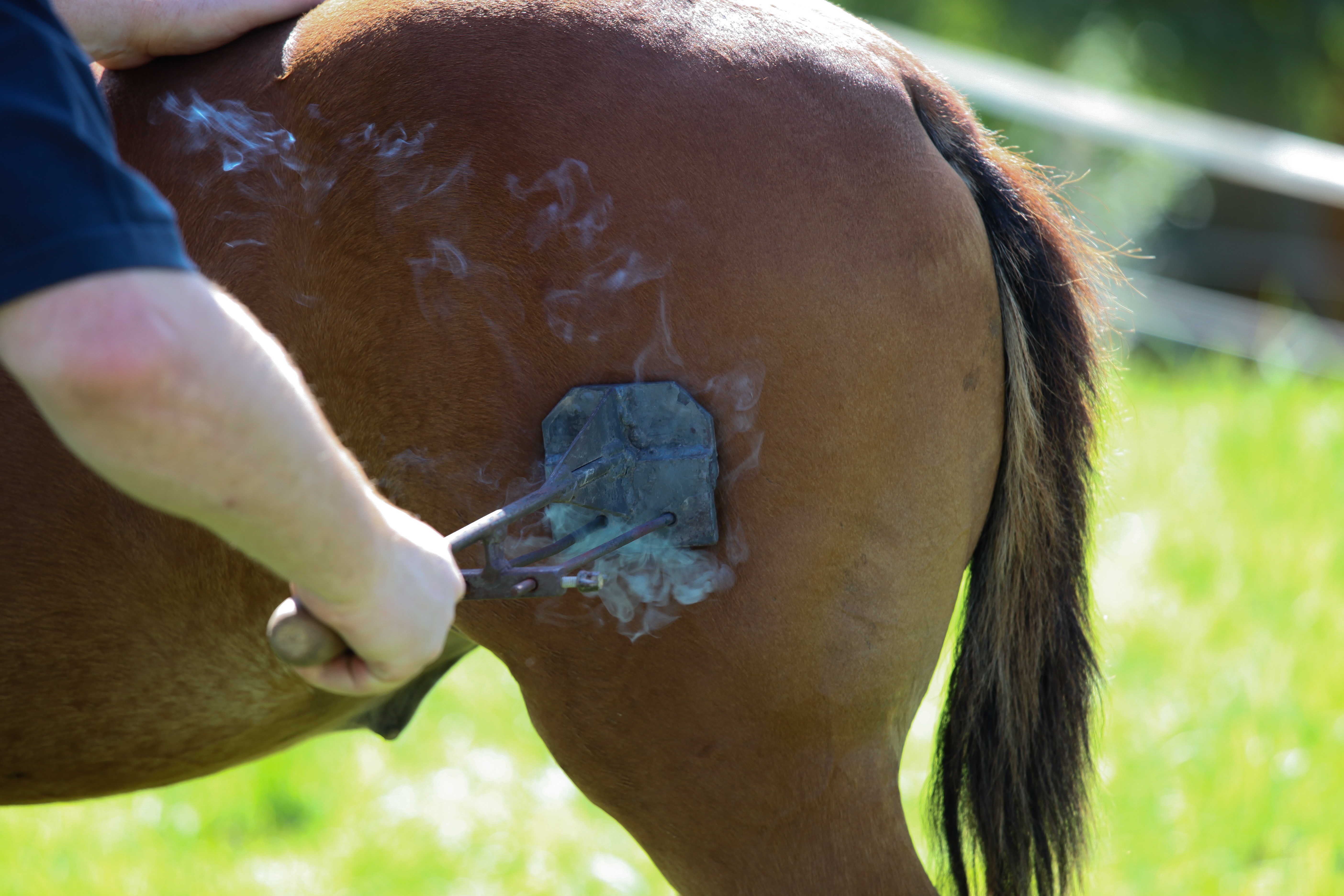Most riders, grooms and owners will be able to recognize and identify their horse from miles away. Not to mention that there is a multitude of identification methods for horses such as; microchipping, DNA, hot branding, freeze branding, iris scans as well as passports, which include a detailed description of the horse. However, none of the abovementioned methods will be able to prove who is the owner of a horse in a legal dispute of ownership, or in case the horse escapes, gets stolen or is stabled by someone else.
Equine passport not enough
The equine passport has become an obligatory document in the EU and is intended for registration and identification purposes and to track veterinary records. Apart from registering the horse, the owner is also required to register changes of ownership. Due to this, there have been attempts to use the equine passports as a proof of ownership in legal disputes. Though the equine passports, as well as registration, provide a name of an “owner”, the Courts dealing with legal disputes regarding ownership do not accept this as adequate proof since it does not indicate true legal ownership. This stance is also supported by the Dutch Enterprise Agency (RVO), the KWPN and the FEI who confirm this on their websites.
European Member States: A legal contract is key
National courts in diverse European Member States have stated that an equine passport is not to be confused with a legal document proving a transfer of ownership and that being identified as owner in the horse’s passport does not necessarily mean that this person is the legal owner. Apart from a contract of sale, one can further support ones ownership claim on basis of proof of boarding and feed payments and veterinary costs.
Need legal advice?
As each sale of a horse is different and may have significant legal consequences, we advise that a lawyer takes part in the drafting of a contract of sale. Schelstraete Equine Lawyers will be happy to assist you, you can contact us here, should you have any inquiries.
